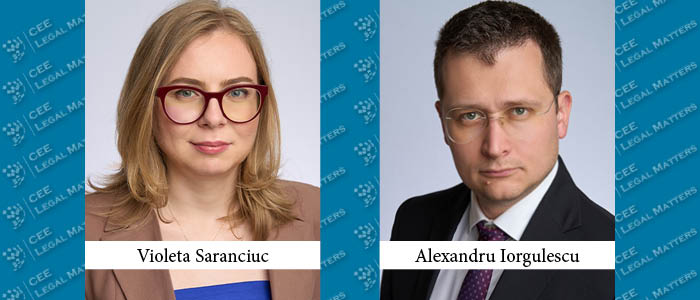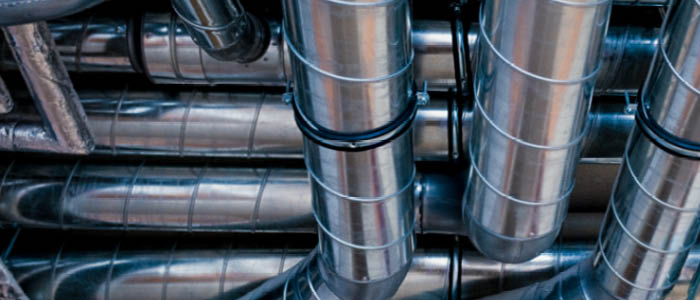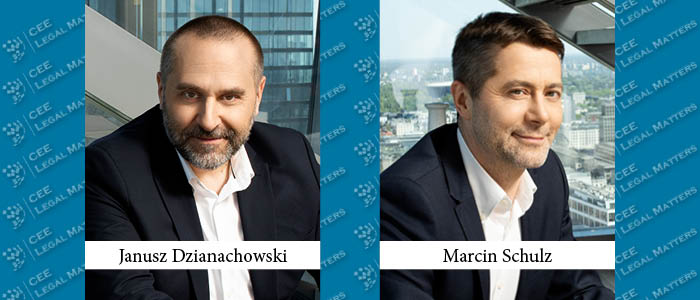Juliana Guaiato Aufschnaiter is a Senior Expert working within the Special Exposures Management team at Raiffeisen Bank International, where she reports to the head of division. Originally from Rio de Janeiro, Brazil, she’s been with RBI for over 10 years now, and she first moved to Vienna in 2004, when she took on her first role within the banking sector with the affiliate of Banco do Brasil in Austria. Earlier experience included working for TNT in Brazil.
CEELM:
To start, please tell us a bit about your career leading up to your current role.
J.G.A.: I studied law in Brazil, where I’ve been a member of the bar association since 2002. I moved to Vienna in 2004 and started my banking career working on export contracts for Brazilian companies in the affiliate of Banco do Brasil in Vienna. One year later I moved to Raiffeisen Bank, where I’ve been working now for almost ten years.
CEELM:
As a senior in-house counsel in Austria in the banking sector, what are the main trends and developments affecting the work of your legal team?
J.G.A.: Even though I am a lawyer, I work on the management of distressed assets of the bank. You may think that this is not a legal job but in fact a lot of money can be recovered with smart legal solutions.
CEELM:
Can you elaborate as to the types of legal work involved in managing these distressed assets? Is it an area where legal expertise is usually sought after or is it more an added value?
J.G.A.: Usually professionals in this area are much more focused on financial figures and plans for restructuring a company or selling the exposure. Being a lawyer with this understanding is an advantage when trying to avoid unfavorable jurisdictions, accelerate assets disposal, and increase recovery through the use of different financial instruments available in different parts of the world.
CEELM:
What’s the most exciting part of your work?
J.G.A.: I like the daily challenge of not knowing what is waiting for me when I come to the office. I also enjoy having long discussions with lawyers around the world finding creative solutions for our exposures.
CEELM:
To the extent you can discuss it, what was the most “creative” such solution that you implemented?
J.G.A.: Last summer there was a decision by the European Court of Justice recognizing the exclusivity of the English courts. Because banking contracts are mainly ruled by English law, the ECJ’s decision was used to obtain an asset disposal decision from an English court instead of the borrower’s domicile court.
CEELM:
Over the course of your career, what would you identify as the most challenging project you have worked on?
J.G.A.: Currently I’m working in some projects in China, and the Chinese legal system is by far the most challenging thing I’ve ever been confronted with.
CEELM:
How so?
J.G.A.: It is not only the long deadlines for obtaining any decision, but also the political influence trying to protect some industries, while restricting refinancing, interest payment, and collateral disposal.
CEELM:
In light of developments in the sector in Austria over the last few years, there’s a considerable amount of public scrutiny when it comes to banking in the country. How, if at all, do you find that affects your work?
J.G.A.: In fact, I have to confess that it took me some years living in Austria to understand how a such small country could have so many bad banks, but now I admire the Austrian pioneer spirit.
CEELM:
What is the current state of the financing market in your view in Austria?
J.G.A.: The market is facing a “wait and see” phase: interest rates are low, companies are still waiting for a better time in the economy, and some important industries such as steel and energy are facing a big crisis due to the decrease in demand and the increase of raw material prices for steel producers and the reduction of state support to the energy companies.
CEELM:
When you need to outsource legal work, what are the main criteria you use in picking the firm(s) you work with?
J.G.A.: One of the main criteria is how familiar the law firm is in the country I need the expertise from, as when dealing with bad debts, a law firm should not only understand the legal system but also have a cultural background in the matter.
CEELM:
I take it having an office on the ground is important for you then?
J.G.A.: Not always. Sometimes we have law firms in Europe working well with local law firms.
CEELM:
On the lighter side, if you could move to any other CEE country to work in, which would it be and why?
J.G.A.: I would pack right now and move to Croatia because, for a Brazilian living in Austria, nothing is more fascinating than the possibility of waking up in the morning and feeling the smell of salty water.
This Article was originally published in Issue 3.2. of the CEE Legal Matters Magazine. If you would like to receive a hard copy of the magazine, you can subscribe here.






























